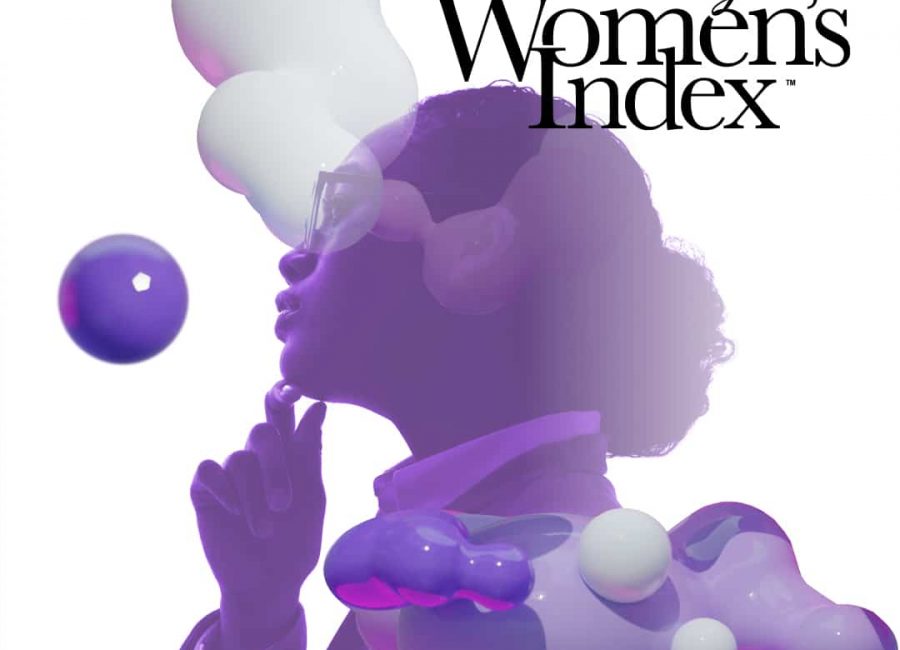Onevue CEO Connie Mckeage is a glass half-full kind of person, but at the moment she’s struggling with the reality that Australian women aren’t making enough progress towards economic equality. Here’s what she has to say on latest Women’s Index result.
The numbers that are published through the Women’s Index are so important as they inspire you ask the all-important question of WHY.
Before these number were published I really didn’t wonder why women are so drawn to Health and Education or question why despite women participating more fully in paid work the majority of unpaid work remains with them.
Fortunately and unfortunately the Women’s Index has made me start to examine these results in greater depth and one question has led to another and another and another.
That’s why I find myself here. In that uncomfortable position where you are driven to look at the world through a different lens.
I have started to wonder not WHY women are more attracted to health and education but in a society where both those roles are so valuable why they are paid so much less than other professions.
We entrust our children’s minds to educators and most of us know the value of health care workers who are there at our or our loved ones most vulnerable moments.
Most importantly the argument that flexibility has played a part in women being attracted to these sectors is harder and harder to support in an environment where flexible work hours and work from home policies are becoming the norm, and expected by younger generations across industries.
More importantly nearly all roles now have an IT component so why should IT as a standalone role be paid so much more than a career option that relies and incorporates IT skills daily?
First and foremost we all spend a lot of time at work and we are both living and working longer.
To pursue roles that maximise economic benefit if they are not also roles we are passionate about, believe in, or at a minimum are content with may have a huge hidden cost called mental health.
Wealth is an important dimension that we are measuring but wouldn’t it be interesting to overlay job satisfaction of women working across these sectors.
So are we trying to change the right thing? The statistics are clearly saying despite government company and individual initiatives the changes in remuneration and the underlying pay gaps remain. In fact the gender pay gap in graduate salaries actually increased to 4.8% compared to 1.8% in 2017.
The Millennials and Generation Z’s are more likely to pursue what makes them happy.
In the largest intergenerational wealth transfer that we have ever seen the drive for economic well-being for many of the younger workers will be less than those that came before them.
So do we need to encourage young women to pursue finance and IT and engineering in order to be paid better or do we need to look at the relative underlying remuneration scales across sectors?
I would argue we are living in very different times where it is increasingly difficult to identify professions that don’t use some IT skills, for instance on a daily basis.
Now you know why I find it difficult to think this issue will be resolved in my lifetime however my enthusiasm for striving to make the work environment a better and more equal space for all workers including women has not waned at all.
Creating inclusive work environments is something we can all have a positive impact on today.
















